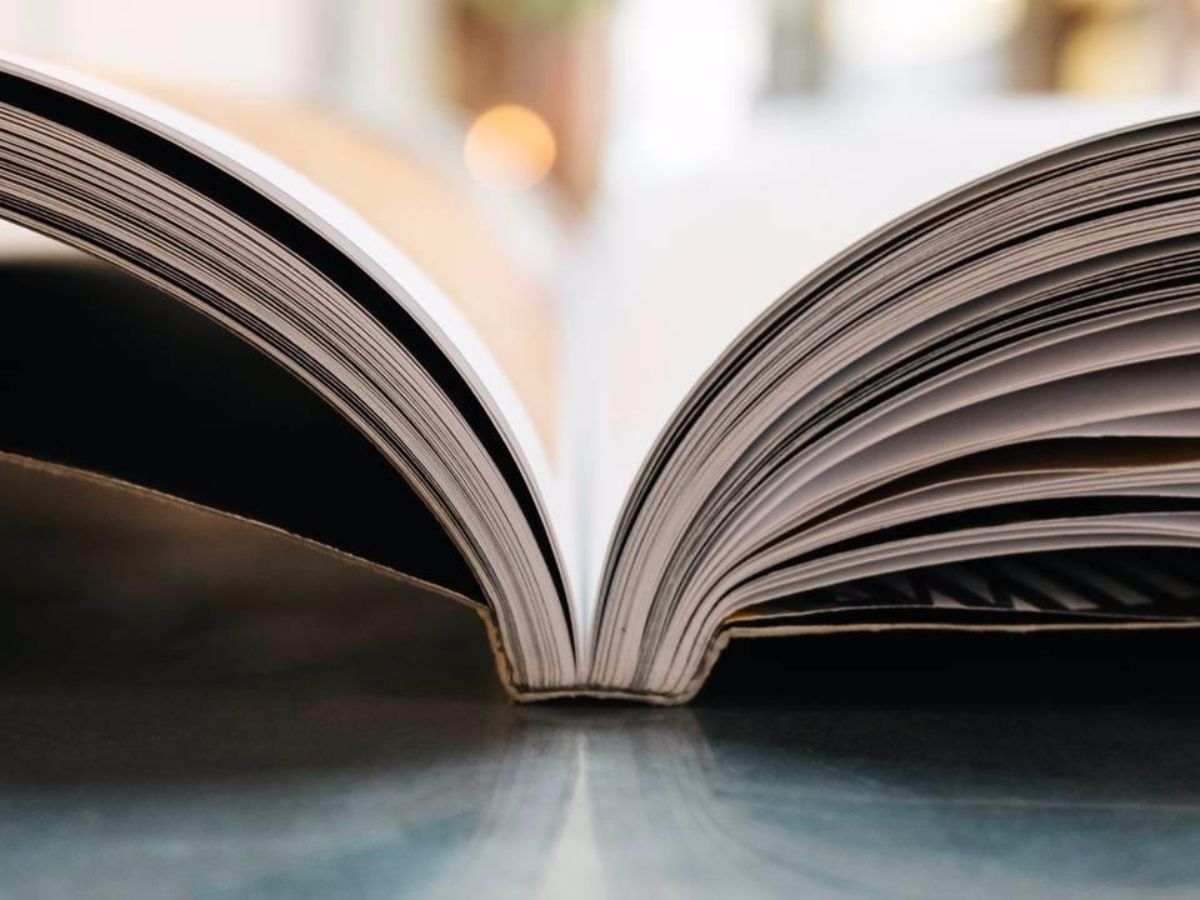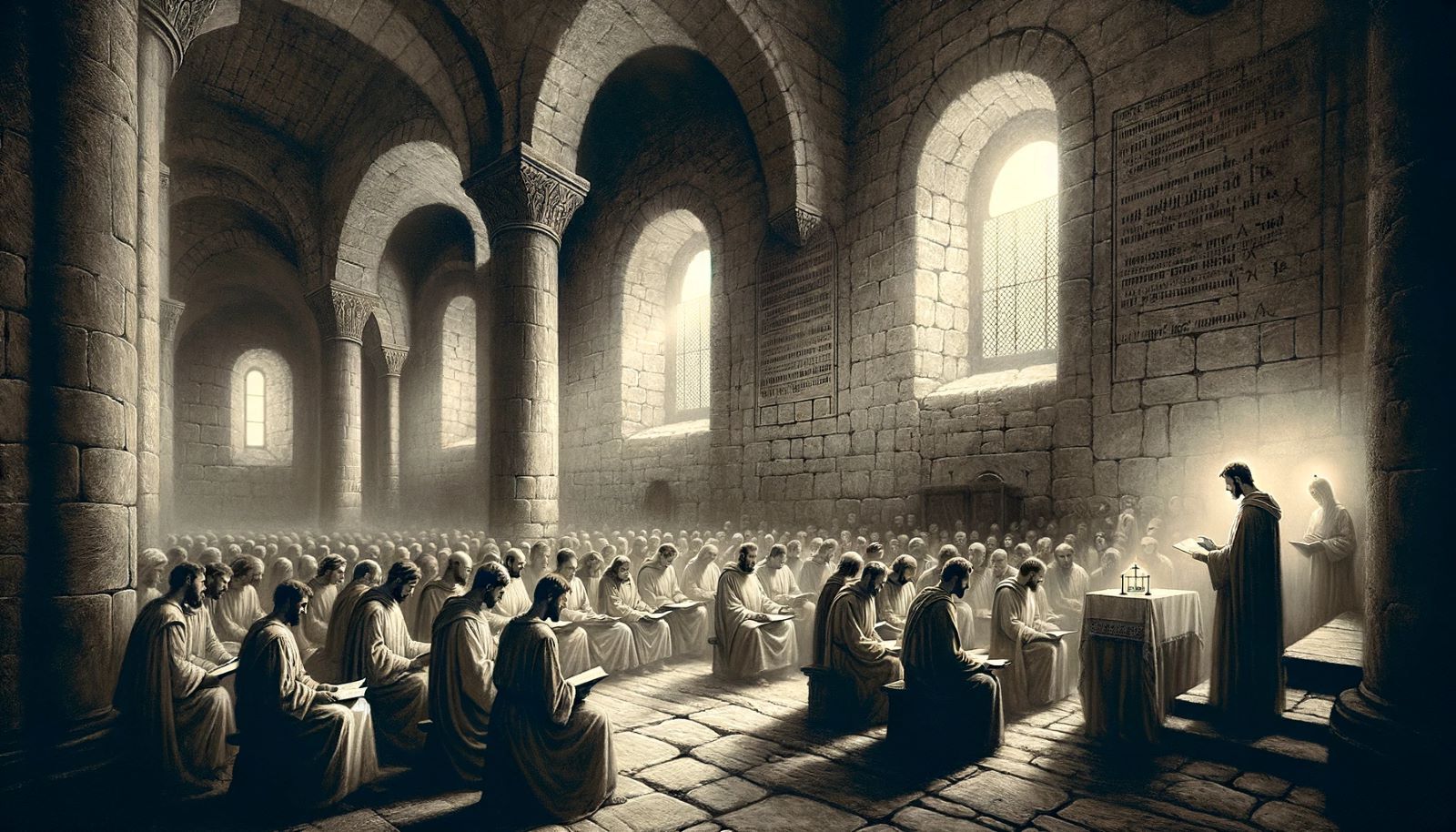
German literature boasts a rich tapestry that spans centuries, weaving together stories that have shaped not only the nation's identity but also the world's perception of art, philosophy, and history. From the medieval epic poems to the philosophical works of the Enlightenment, and onto the modernist movements of the 20th century, German writers have consistently pushed boundaries and explored new territories of the human experience. German literature is not just about the written word; it's a reflection of the country's soul, capturing its triumphs, tragedies, and the relentless quest for meaning. Whether you're a seasoned bibliophile or a curious newcomer, these 17 facts will offer a glimpse into the depth and diversity of Germany's literary heritage, revealing why it remains an indispensable part of the global cultural landscape.
Origins of German Literature
German literature boasts a rich history, tracing back to the Middle Ages. Medieval German literature is primarily known for its epic poetry, such as the Nibelungenlied, which is often compared to other great national epics. This period also saw the emergence of Minnesang, the German tradition of lyric and songwriting, which celebrated courtly love.
-
The Nibelungenlied, written around the 13th century, is considered one of the first major works of German literature. It tells the story of dragon-slayer Siegfried, his murder, and the revenge of his wife, Kriemhild.
-
Minnesänger, or Minnesingers, were German poet-musicians of the 12th to 14th centuries, who performed songs of courtly love. Walther von der Vogelweide is among the most famous of these.
The Enlightenment and German Literature
The Enlightenment brought significant changes to German literature, with writers focusing on reason, individualism, and skepticism of traditional institutions. This era saw the rise of some of the most influential figures in German literature.
-
Johann Wolfgang von Goethe, a key figure of German literature, wrote "Faust," a tragic play that explores themes of desire, knowledge, and human ambition. It remains a pivotal work in Western literature.
-
Another prominent writer of this period, Friedrich Schiller, is known for his plays and poems that often tackled questions of freedom, justice, and human dignity.
Romanticism in German Literature
Romanticism was a reaction against the Enlightenment's emphasis on reason, instead celebrating emotion, nature, and individualism. German Romantic literature is renowned for its exploration of the mystical and the sublime.
-
The Brothers Grimm, Jacob and Wilhelm, collected and published "Grimm's Fairy Tales," a compilation of German folklore that has become a cornerstone of world literature and children's stories.
-
Novalis, the pen name of Georg Philipp Friedrich Freiherr von Hardenberg, was a poet and philosopher who played a central role in early German Romanticism. His works often delve into themes of love and mysticism.
Modernism and German Literature
The turn of the 20th century saw the emergence of modernism in German literature, characterized by a break with traditional forms and an exploration of new narrative techniques and themes.
-
Franz Kafka, one of the most influential figures of 20th-century literature, wrote novels and short stories that explored complex themes of alienation, existential dread, and the absurdity of modern life.
-
Thomas Mann, awarded the Nobel Prize in Literature in 1929, is best known for his novel "The Magic Mountain," which reflects on the intellectual and spiritual life of early 20th-century Europe.
Contemporary German Literature
Today, German literature continues to thrive, with authors exploring a wide range of themes from historical narratives to issues of identity, migration, and the complexities of modern life.
-
Günter Grass, who won the Nobel Prize in Literature in 1999, is perhaps best known for his novel "The Tin Drum," a satirical yet poignant exploration of German history leading up to and during World War II.
-
Herta Müller, another Nobel laureate, writes poignantly about life under the oppressive regime of Nicolae Ceau?escu in Romania, drawing heavily on her own experiences of censorship and exile.
German Literature and Its Global Influence
German literature has not only shaped the cultural landscape of Germany but has also had a profound impact on the global literary scene. Its themes, ranging from the philosophical to the fantastical, continue to resonate with readers worldwide.
-
Many works of German literature have been translated into numerous languages, allowing for a global audience to appreciate its rich narratives and complex characters.
-
German literature has influenced various literary movements and genres, from the Gothic novel to existentialist philosophy, showcasing its versatility and depth.
The Role of Women in German Literature
Women have played a crucial role in the development of German literature, from the medieval period to contemporary times, often challenging societal norms and exploring themes of gender, identity, and power.
-
Bettina von Arnim was an early 19th-century author and correspondent who is remembered for her literary contributions and for advocating for social reform and the rights of women.
-
In recent years, writers like Jenny Erpenbeck have gained international acclaim for their novels that delve into Germany's past and present, exploring themes of memory, identity, and displacement.
German Literature in Education
German literature is an integral part of educational curricula around the world, offering students insights into the culture, history, and philosophical thought of German-speaking countries.
-
Studying German literature helps students develop critical thinking and analytical skills, as they engage with complex texts and themes.
-
It also fosters a deeper understanding of the human condition, as many works of German literature grapple with universal questions of morality, society, and individual responsibility.
-
Furthermore, learning about German literature can inspire a love for reading and appreciation for the power of storytelling, encouraging students to explore diverse perspectives and cultures.
A Final Nod to German Literary Genius
German literature, with its rich tapestry of narratives, has undeniably left an indelible mark on the world. From the profound depths of Goethe's works to the troubling yet insightful narratives of Kafka, these stories and characters offer a window into the soul of a nation. They've challenged readers, inspired thinkers, and shaped the course of literary history. As we've journeyed through the 17 fascinating facts, it's clear that the power of German literature lies not just in its historical significance but in its ability to resonate across ages and cultures. Whether you're a seasoned scholar or a curious newcomer, the world of German literature holds endless discoveries. So, here's to the enduring legacy of German literary genius—may it continue to inspire, provoke, and enlighten for generations to come.
Was this page helpful?
Our commitment to delivering trustworthy and engaging content is at the heart of what we do. Each fact on our site is contributed by real users like you, bringing a wealth of diverse insights and information. To ensure the highest standards of accuracy and reliability, our dedicated editors meticulously review each submission. This process guarantees that the facts we share are not only fascinating but also credible. Trust in our commitment to quality and authenticity as you explore and learn with us.


